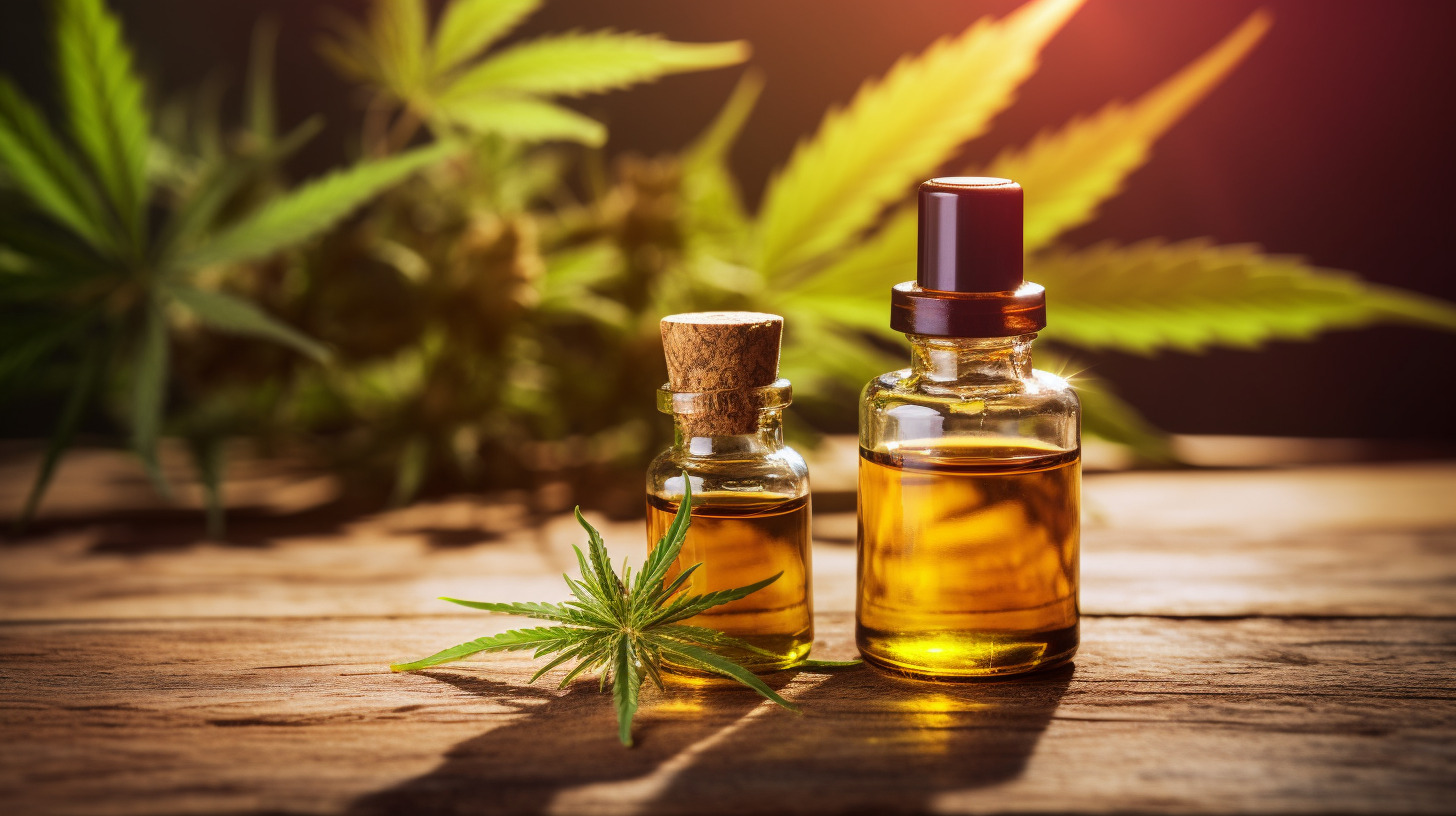
What Is CBG Oil?
If you’re looking for a comprehensive, natural solution to tackle inflammation and its debilitating effects, you’re in the right place. Welcome to the new era
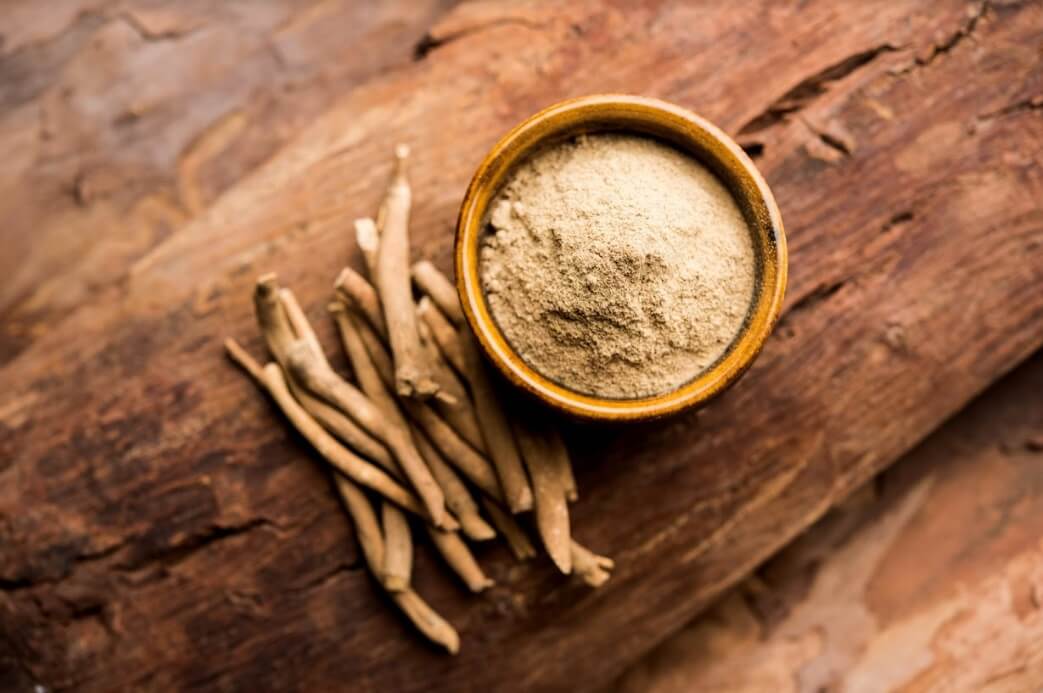
Ashwagandha is an evergreen shrub that grows in India, the Middle East, and parts of Africa. It is one of the most important herbs in Ayurveda, which has been used for thousands of years to relieve stress, increase energy levels, and improve concentration. What research is available on the potential effects of ashwagandha?
Ashwagandha, which means “the strength of a horse” in Sanskrit, refers to both the herb’s smell and its strength-enhancing properties. Its botanical name is Withania somnifera, but several other names, including Indian ginseng and winter cherry, are also used for it. Ashwagandha extract made from the root or leaves of the plant is used to treat various conditions in traditional Eastern medicine.
Ashwagandha is typically available in the form of capsules or tablets, powder, tincture, and tea in health food stores and herbal shops.
KSM-66 is the full-spectrum extract of ashwagandha that exclusively uses the plant’s root, closely following the traditional principles of Ayurveda to preserve all the natural components of the herb in their original balance in the preparations. The extraction process is carried out using natural methods without the use of alcohol or other chemical solvents, ensuring a high concentration of pure active ingredients.
KSM-66 is also tasteless and not bitter like other ashwagandha powders, making it an excellent choice for use in food and beverages. Additionally, it is the most extensively researched and clinically studied ashwagandha extract.
The effects of ashwagandha have been the subject of numerous studies in recent decades.
Ashwagandha is generally considered safe for most healthy individuals.
Dietary supplements do not replace a healthy lifestyle and a balanced diet.
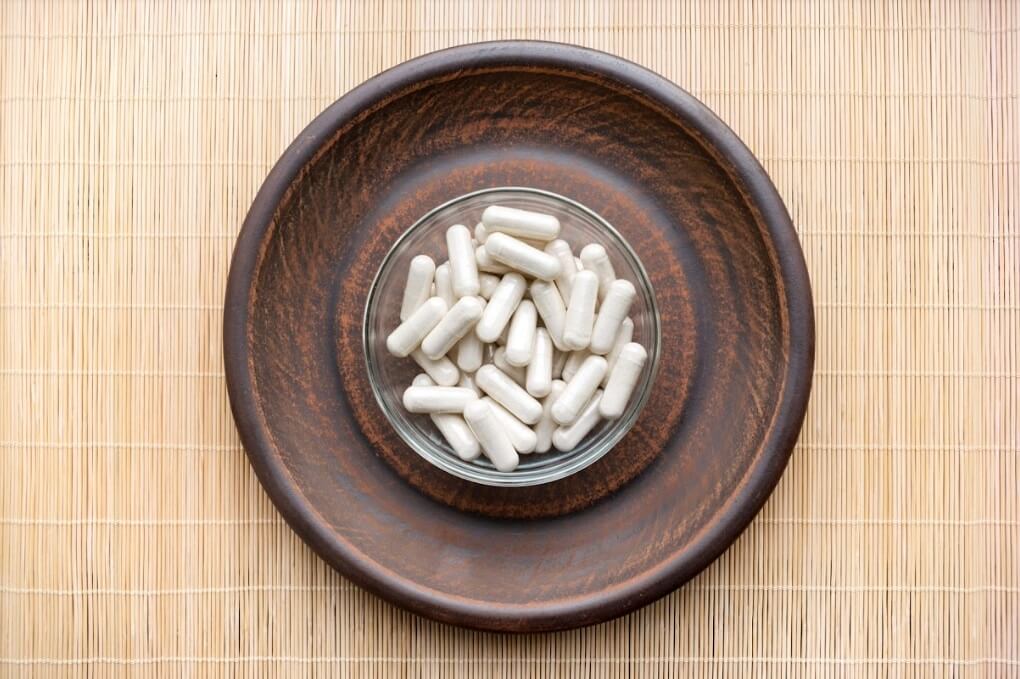
The USA Medical KSM-66 ASHWAGANDHA capsules come from a chemical-free source and have exceptionally high levels of active ingredients, which are tested in an accredited laboratory.
The formulation includes 5 mg of piperine for optimal biological utilization and improved absorption.
If you want to try other premium-quality supplements, explore our dietary supplements in our shop!
These statements have not been evaluated by the Food and Drug Administration. These products/services are not intended to diagnose, treat, cure, or prevent any disease.

If you’re looking for a comprehensive, natural solution to tackle inflammation and its debilitating effects, you’re in the right place. Welcome to the new era

The Invisible Enemy Within You wake up feeling groggy, your joints ache, and that old neck pain seems to have returned. No, it’s not just

CBG oil has been creating waves in the health and wellness industry, and for good reasons. But with any health trend, it’s crucial to separate
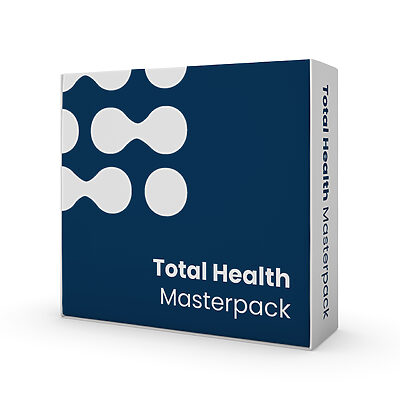
In stock | Free shipping
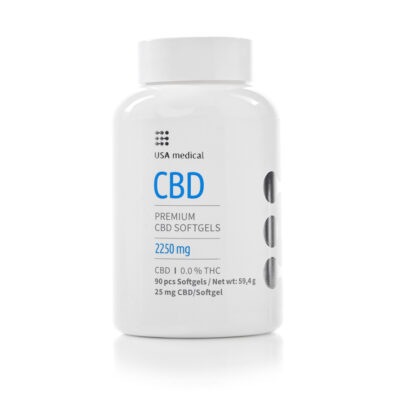
In stock | Free shipping
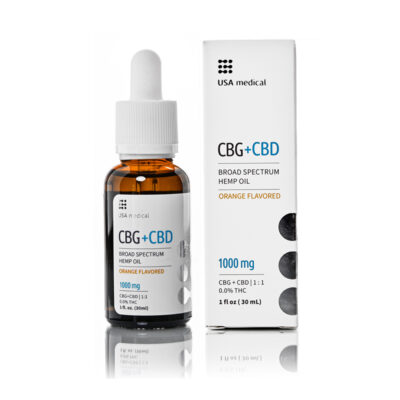
In stock | Free shipping
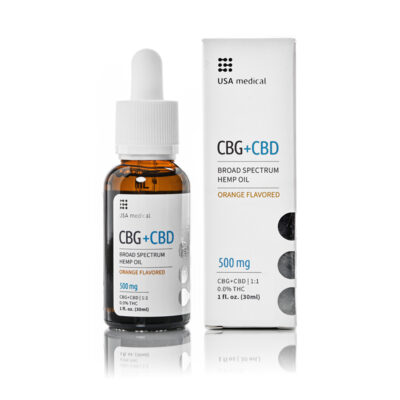
In stock | Free shipping
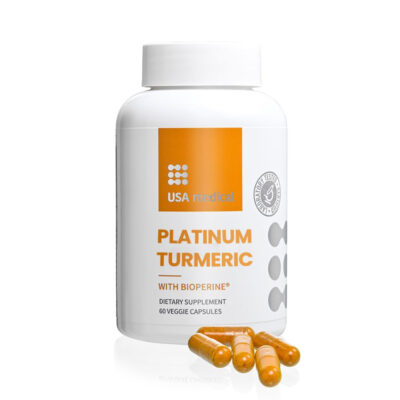
In stock | Free shipping

In stock | Free shipping

In stock | Free shipping

In stock | Free shipping

In stock | Free shipping
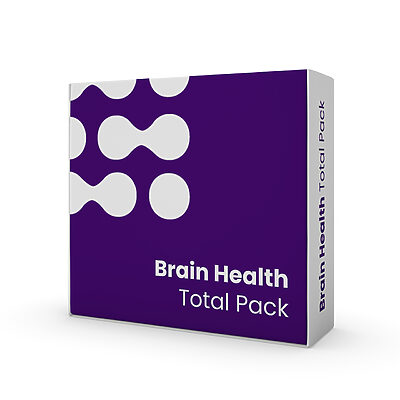
In stock | Free shipping

In stock | Free shipping

In stock | Free shipping
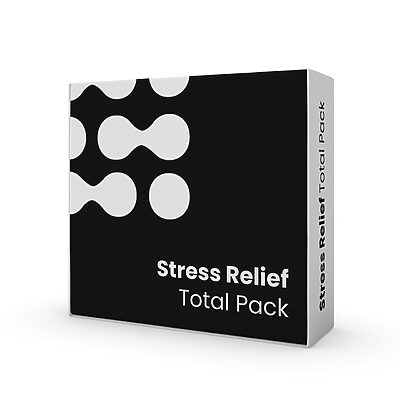
In stock | Free shipping

In stock | Free shipping
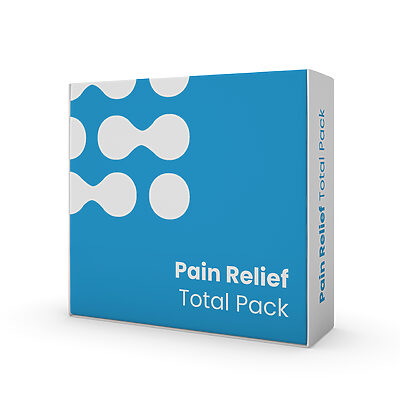
In stock | Free shipping